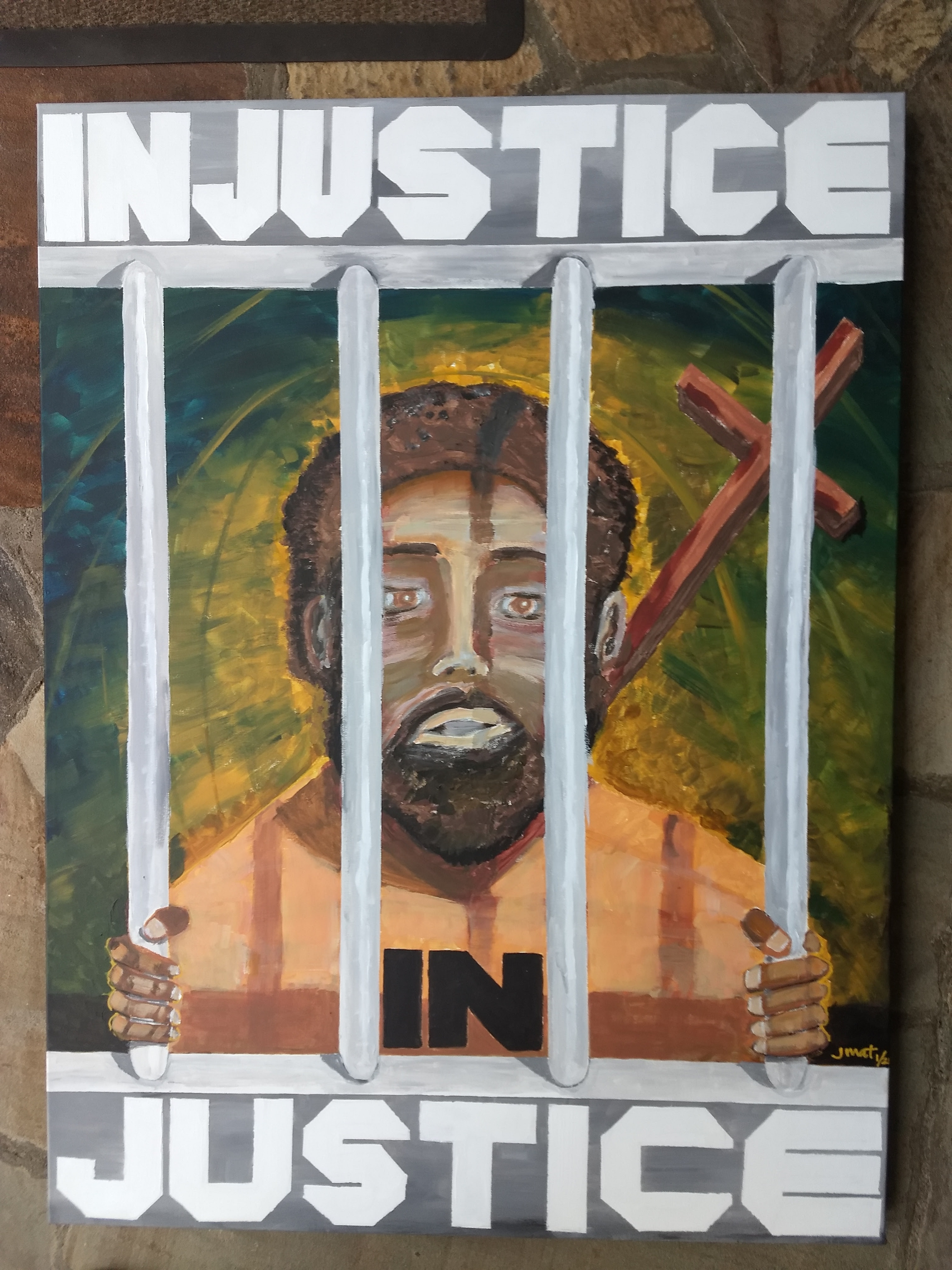Twenty-Second Sunday in Ordinary Time
“ … when you hold a banquet, invite the poor, the crippled, the lame, the blind; blessed indeed will you be because of their inability to repay you.” Lk: 14:14
Today’s Gospel contains another Beatitude – one we seldom consider or even remember:
“Blessed indeed will you be because of their inability to repay you.”
To put it another way:
Don’t always invite only the “in-group” against whom you are always measuring yourself. Instead, measure yourself against the less fortunate; that is, let your heart, your charity, and your compassion move beyond the people who can pay you back.
Jesus says it like this:
“Be like your heavenly Father who sends rain on the just and the unjust alike and invite the least of your brethren, those who have no voice, those who never receive an invitation and from whom nothing can be expected.”
On September 9, a bit more than a week from now, the Church will celebrate a saint about whom most of us know very little. And that is a shame. Because Peter Claver’s story is a fine example of how this Beatitude is lived out.
The invitees to the “banquet” Claver had to offer were slaves.
(I am borrowing this tale from Fr. William Bausch, from whom I will quote extensively.)
Slavery has existed for thousands of years. The Jews were rescued by God through Moses after being enslaved by the Egyptians. Slavery in Europe also occurred from time immemorial but had blessedly died out over time.
Then, dramatically, in the fifteenth century,
“European exploration and exploitation of Africa, Asia, and the Americas revived the slave trade with a vengeance. The Portuguese explorers who followed the coast of Africa in search of new trade routes to Asia saw money-making opportunities everywhere they went. With their superior weapons, it was easy to conquer the local people, and it was a short step from subduing a population to enslaving them.”
The explorers, of course, argued that “those American Indians, Africans, and Asians were clearly less than human, quite inferior, brutish, primitive beings.” And so, “in spite of papal condemnations, greed won out and the international slave trade flourished among Catholics and Protestants for another four hundred years.”
During all this, Cartagena, located on the Caribbean seacoast, became one of the principal ports for the slave trade in the New World:
“Twelve thousand enslaved Africans were unloaded in Cartagena every year. After weeks being crammed together in the dark holds of the slave ships, these tragic people were filthy, weak from hunger and dehydration, and half mad with fear. Many were sick. Some were dying. Yet, whatever their condition, all were driven like cattle into holding pens near the dock to be sorted out and sold later.”
The son of a wealthy farmer, Peter Claver was assigned as a new Jesuit recruit to work with these tragic people.
“The work in the slave pen transformed him from being an apprehensive man who had great difficulty dealing with inner doubts, qualms and uncertainties to a man who later would be named a saint. He would spend the rest of his life inviting to the Lord’s banquet the poor, the crippled, the blind – those who could never repay.”
“Every time a slaver sailed into Cartagena’s harbor, Peter took the pilot’s boat out to the ship and began his work at once down in the hold. On shore, as sailors and soldiers herded the slaves into the pens, Peter went with them. Over the years he built up a team of interpreters who could speak the language of … the lands from which most of the captives came. Everyday Peter and his interpreters returned with more food, more water, more medicines, and as he treated the Africans, he explained to them the basics of the Catholic faith.”
It is said that during the forty-four years Father Claver served in the slave pens, he baptized over one hundred thousand Africans!
“Peter Claver’s devotion to his African converts enraged the white population of Cartagena. The charges: He was keeping slaves from their work. He was contaminating churches and chapels with his congregations of unwashed Africans. He was profaning the Blessed Sacrament by giving Communion to these ‘animals.’ Some well-born ladies even refused to enter a church if Father Claver had said Mass there for slaves.”
Even as he lay dying, “he was abandoned by the white Christians of Cartagena. The only one who tried to nurse the dying man was an African servant. Late in the evening on September 7, 1654, Peter Claver received the last sacraments, then fell unconscious and died shortly after midnight. A crowd of slaves broke down the gates of the Jesuit residence so they could see their saint for one last time.”
The last of the Beatitudes:
“… when you hold a banquet, invite the poor, the crippled, the lame, the blind; blessed indeed you will be because of their inability to repay you.”
St. Peter Claver, pray for us.
Ted Wolgamot, Psy.D.




